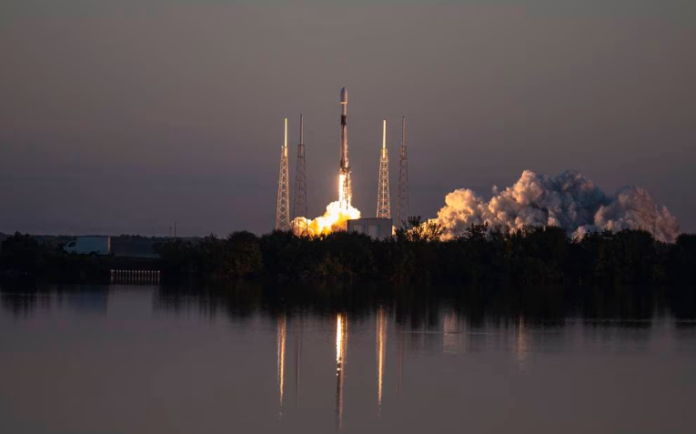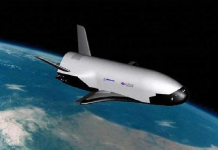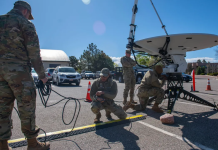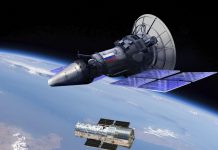WASHINGTON — The Space Force’s solicitation for the next phase of national security launches will likely seek to distribute its most demanding missions among three providers, a change of course from its plan to choose just two companies to meet its space lift requirements.
Space Systems Command, the Space Force’s acquisition arm, announced the update to the next phase of its National Security Space Launch program on July 14.
The Space Force 2020 opened up its launch program to competition after years of relying solely on the United Launch Alliance to carry its satellites to orbit. That year, the service selected ULA to launch 60% of missions between fiscal 2022 and 2027 and SpaceX to fly the remaining 40%.
Ordering for those launches is set to end after fiscal 2024, so the Space Force is preparing for the program’s next bulk launch buy and expecting a significant increase in planned missions.
The draft issued in February laid out a dual-lane approach to buying launches. Lane 1 is for commercial-like missions and small launches and will have room for an unlimited number of companies that won’t have to meet all certification requirements.
Lane 2 is reserved for more demanding missions with more challenging requirements, similar to the current contract. The previous draft limited this lane to two providers, but Pentecost said input from launch companies since February convinced Space Systems Command to rethink its plan.
“Based on industry feedback and the need to increase resiliency in the face of the pacing challenge from countries like China, we refined our strategy to fortify assured access to space by ensuring that the government has three launch providers capable of meeting all NSSL requirements by the end of Phase 3,” Pentecost said.
Meanwhile, ULA is grappling with a slowdown in its schedule to certify its new Vulcan launcher to fly national security missions. The rocket was expected to log its first flight in early May, but its recovery from a March testing anomaly has taken longer than anticipated, pushing its expected first mission to late this year.
Because the rocket must conduct two launches to gain Space Force approval, ULA now expects Vulcan to be certified in the second quarter of next year.





